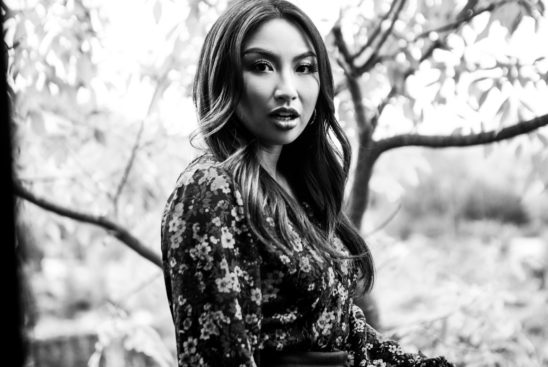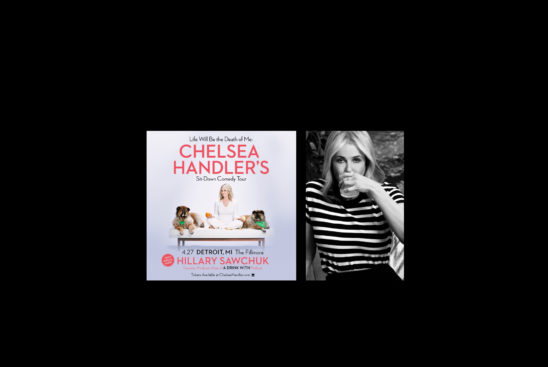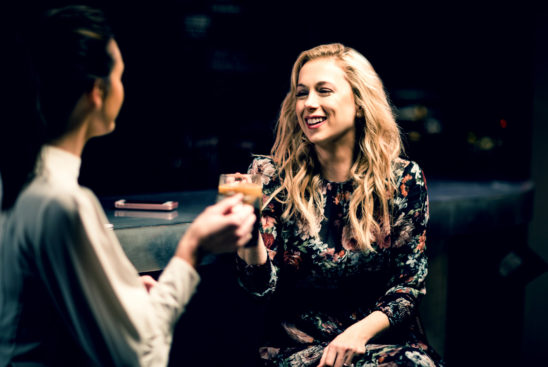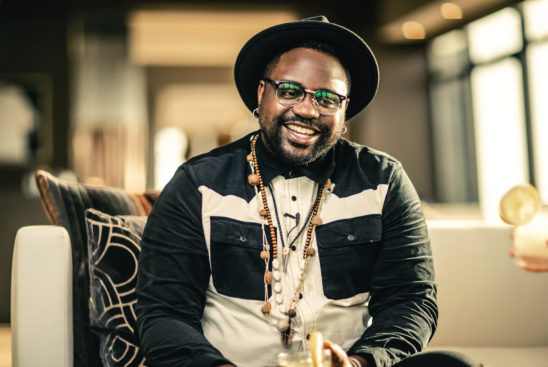How is your first weekend as a director and screenwriter at Sundance going?
It’s good, it’s a lot. It’s very stimulating but it’s been wonderful … Nothing could have prepared me for how big it is. There are people and cameras everywhere and a million things to do. I was really unprepared for that. It’s crazy, I feel like I haven’t slept for more than two hours since I’ve been here.
What was the most challenging part of getting this film to the festival?
Making films is very challenging across the board. You make a lot of sacrifices. It’s physically, intellectually and emotionally intense. This is my first film. The script had a lot of support and attention early on. The film is now premiering here so I feel very lucky and really happy to be on that path.
Were you nervous going into the premiere?
I’m nervous going into everything. I’m nervous coming here, I’m nervous ordering a coffee, I’m just nervous. If I have to talk to people I get nervous. [Laughs]
Do you read the reviews and what the press says or are you the type to not read it?
That’s a really great question because I live a cave-like existence. From the time I found out that we got into Sundance to coming here —other than seeing my family at holidays and working on the film—I think I saw four people socially. I am very quiet so after the film premiered it was the exact opposite. I found myself reading everything. I was reading a lot and it was suddenly this other step of the process that I didn’t know existed. I kind of had to do it. I was taking it in a lot. I ate enough to make me sick and then I was like, “I’m full.” I won’t do that again. I stopped reading everything. I want to be in the moment.


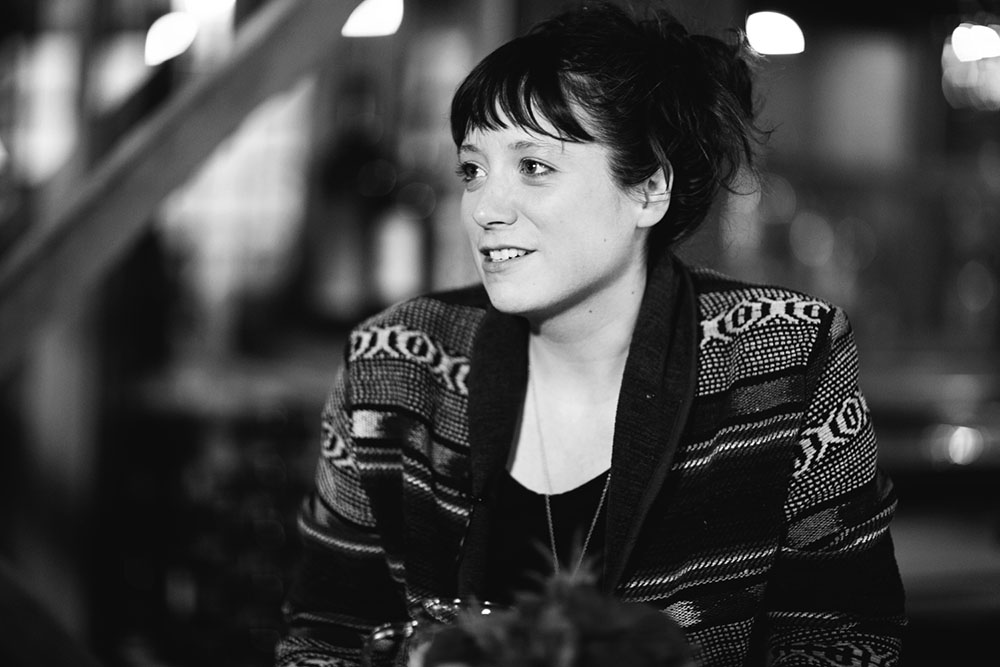
“Stockholm, Pennsylvania” is the story of a girl reunited with her family after being abducted. Why was this story important for you to write?
I’m still in some ways figuring that out. When I finished the script I brought it to a therapist and was like, “Here, help me figure this out. What’s going on in here?” And she couldn’t help. So I’m looking for a new therapist. [Laughs] The circumstance of the film is very specific. I grew up at a time where there were a lot of folktale kidnappings, abduction stories and reunion stories. My mom really loves court TV so I grew up absorbing these stories as part of my worldview: vulnerability being a child and also the predatory culture that surrounds growing up into a woman. When I got to be an adult I just started thinking about how our culture is really focused on happy endings and how the news will craft stories like, “And then she went home to her family. The end.” But to me that really feels like a beginning. Everything before that is this survival space and then you surface from that and then that’s when you’re trying to live. I wanted to explore how possibly complicated and rife with struggle something like that could actually be.
How did you research for a topic like that?
I really pointedly didn’t do any research at all. I wanted to be sure that I wasn’t appropriating anybody’s actual victimhood or survival story for my own fictional wants. I think that stuff is really private. Even in the news and culture sensationally we have this voyeuristic hunger for people’s pain and torture and survival. I don’t think that’s any of our business at all. It seems we don’t have any real resources culturally for mental health and for helping people come back from something like [an abduction] or from preventing something like that from happening in the first place. I feel pretty sensitive about all of that. So I didn’t do any research at all.
What makes a good storyteller?
I think you have to love your characters. I’m not sure. It’s one of those intangible things. You want to make sure that every character has a sense of a life of their own. I’ve been saying that some of my favorite movies are movies where you feel like everyone has their own movie but you’re just getting to see this one little slice. I think that’s very interesting. I think you have to have a lot of respect for your characters.
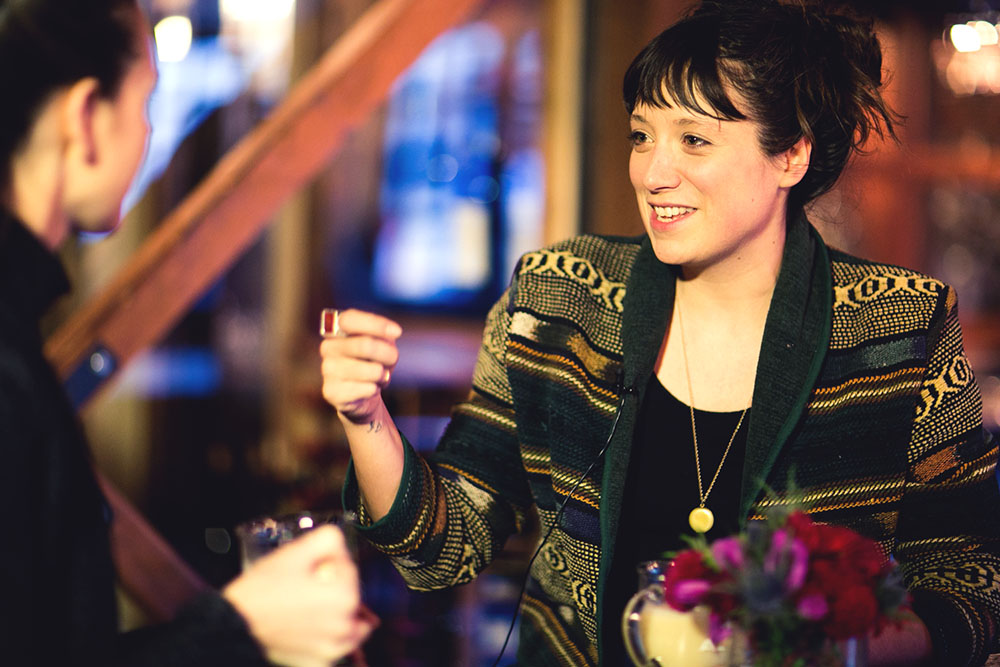

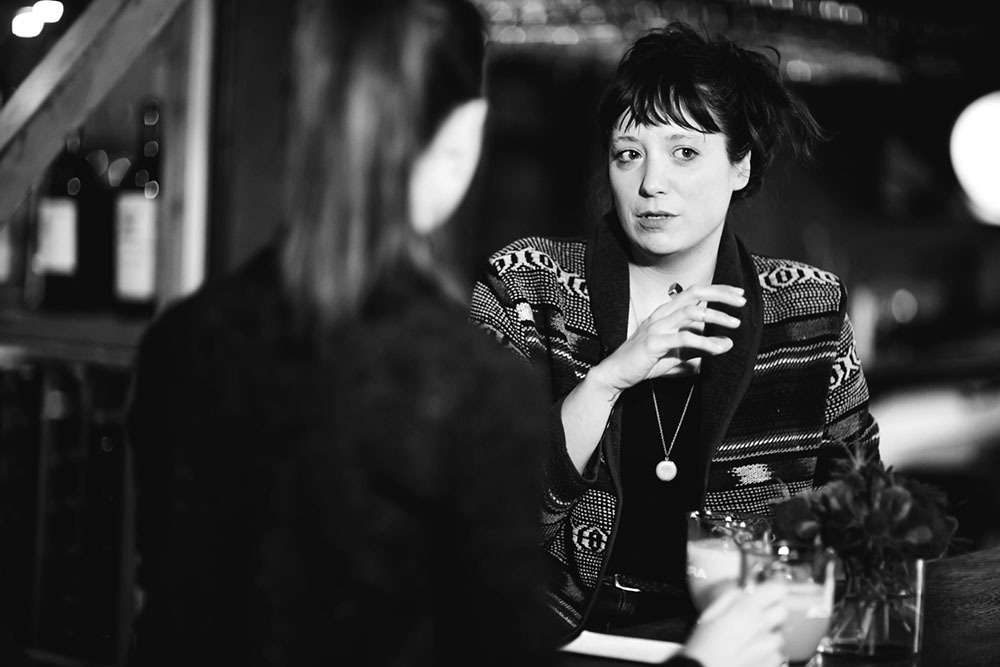
Do you have a favorite part of the process?
No, I’m so new. Every part has its ups and downs. Any one day making a movie you can find a spot in the day where you think, “I’m a genius,” and then 15 minutes later think, “I’m a fraud.” It’s peaks and valleys but I really love every part of the process: the adrenaline and the camaraderie of shooting and then there’s the intense detail work you get to do in post and the wild experimentation when you’re editing. I think it’s all brilliant. I love it.
What would you say is a common thread between all filmmakers?
Compulsion. I think in order to make a film you have to be really compelled. It’s not something you do because there is nothing else to do. It’s not something you do on a whim, it really has to be something you feel called to do because you make so many sacrifices and face so many wonderful challenges. It’s totally consuming.
Wonderful challenges. What exactly does that mean?
Making this film is definitely the hardest thing I’ve ever done. I’ve never been more tired, I’ve never been more stressed out, I’ve never been more pulled but I’ve also never been happier, more fulfilled and I’ve never been more excited. When we were doing pre-production and production I realized I had been up for 21 hours just working 21 straight hours. I feel really excited to have that kind of work in my life.
Has there been a question or comment that surprised you from someone who saw “Stockholm, Pennsylvania” for the first time?
The other day someone said they found themselves disappointed at each character and asked, “If each character was dark and flawed, is that part of your worldview and how you see people?” I wasn’t expecting that at all. I am quite the opposite. There’s another side of that too where each character has these kind of disappointing moments or frustrating moments but I also think each character is right as much as they’re wrong. So they have these little moments of victory or understanding or clarity and they also have moments of complete cloudiness and misjudgment and fumbling for what they have to do in these really difficult circumstances. I look at it and I think the exact opposite, so that was funny.
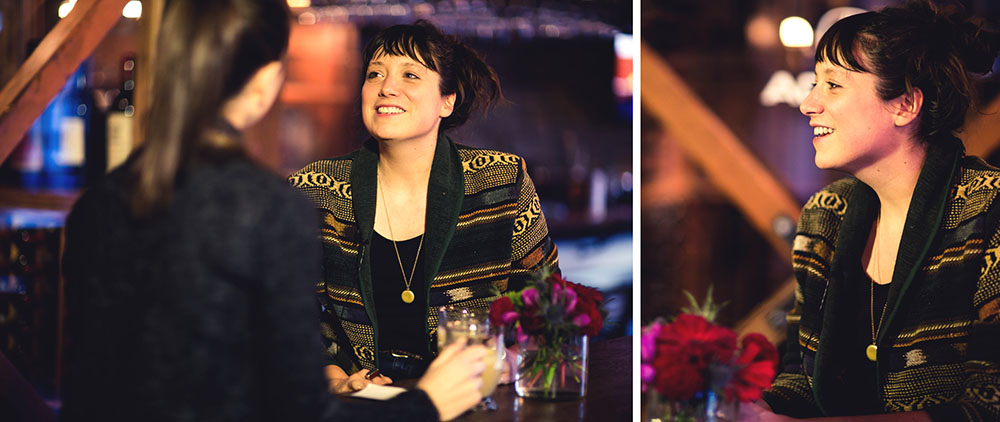
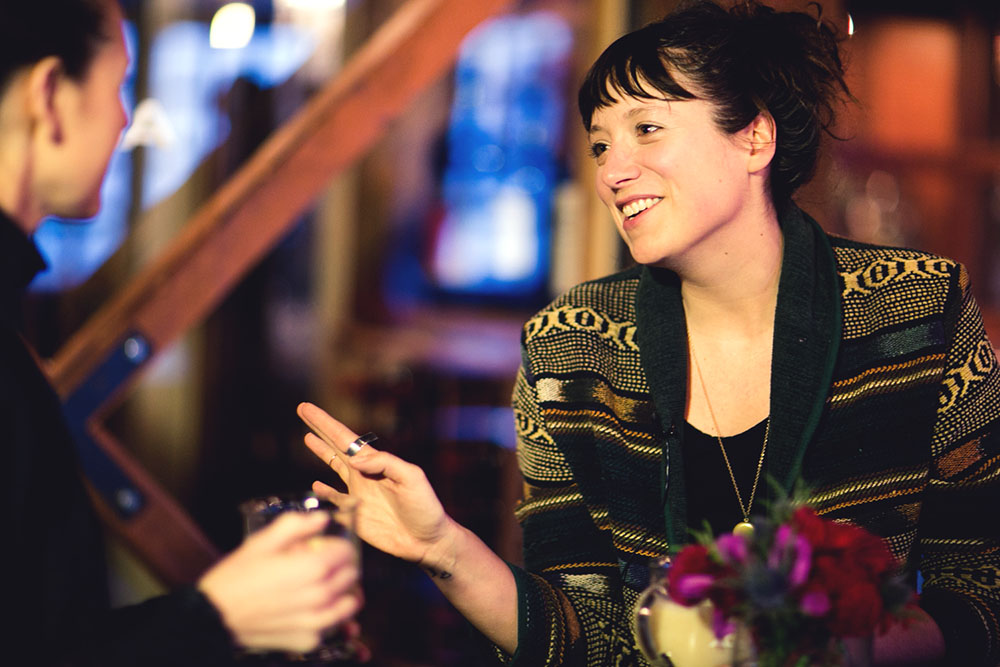

Where do you see yourself in ten years?
Living in the countryside. I definitely feel like I will be living somewhere secluded, but maybe not, I’m not sure. If you had asked me three years ago if I would be doing this and directing a movie, I would have thought you were crazy. I am very open to wherever this leads. It’s been a very organic revolution from how I started writing and working in theater to this point so I feel like I trust that evolution to bring me to wherever I’m supposed to go.
Any advice for those wanting to break into screenwriting or directing?
Just trust yourself. There is an interesting mix of being really open because it is such a collaborative form. I think that to tell a really good story you have to gauge if it’s connecting with people so you have to be open to that. At the same time you have to really trust yourself and trust your voice and not be afraid to experiment. When I was first writing the script I had never written anything so I went out and got all these books on screenwriting and it felt really restrictive. For some people it really works and for some people it doesn’t. I would say just don’t be afraid of that.
Are there any Sundance myths you can bust now that you’ve experienced the festival firsthand?
I don’t even know if I knew any Sundance myths, what are some? The ghost of Acura Studio? That doesn’t seem to be real. [Laughs]
If you could have a drink with anyone, who would it be?
Jim Henson … Or Jimmy Stewart, that’s a great one.
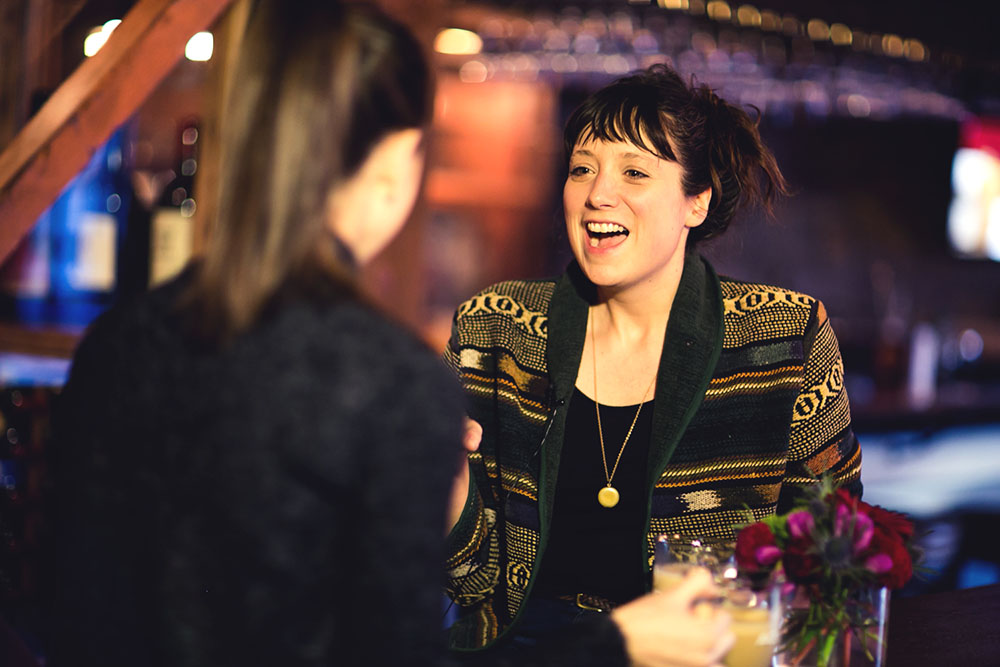
KIRSTEN MICCOLI PHOTOGRAPHY / A DRINK WITH
Did you enjoy this feature? Subscribe to our newsletter and never miss a drink, we promise we’ll never spam you!

